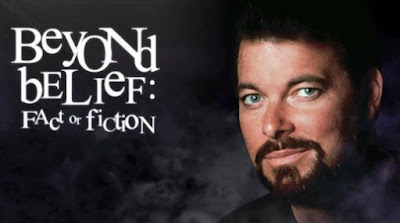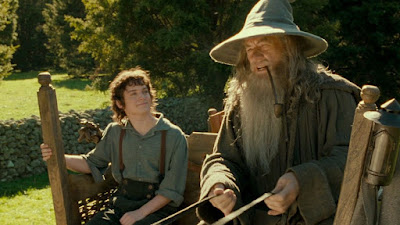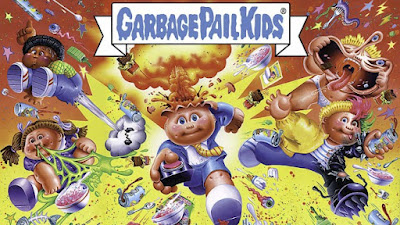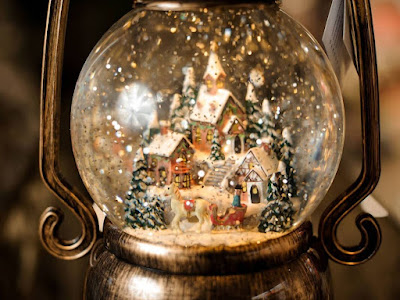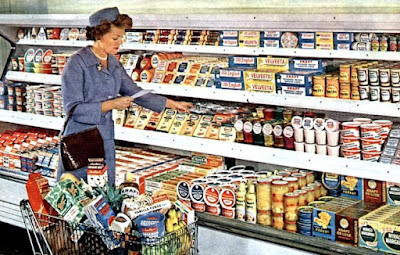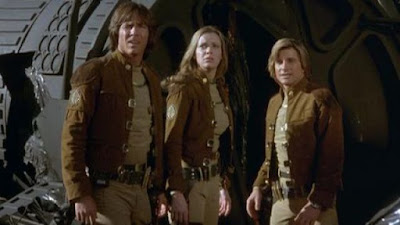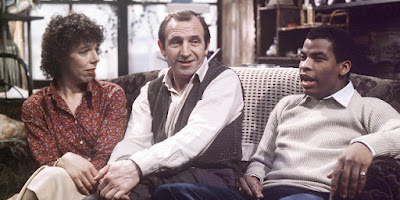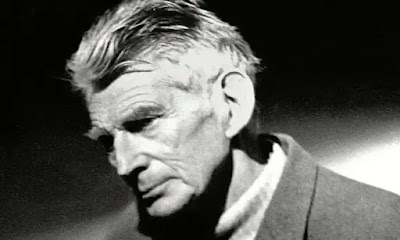For more than a week now I have been downed with COVID. Aside from one horrible night of a sore throat and lots of coughing, my symptoms haven't been too bad. However, for several days and nights I suffered from intense restless leg syndrome, to the extent that it was sometimes painful. I was walking on the spot to abate it for up to half-an-hour at a time.
I feel better now.
Like most of us, I hope, I prayed along with the Holy Father when he consecrated Russia, the Ukraine, and the whole world to the Immaculate Heart of the Blessed Mother. Is it a coincidence that the terible war seems to be turning a corner already?
During the time I was sick I read Scoop by Evelyn Waugh, The Chronicles of Narnia by C.S. Lewis (well, I had read the first two books last year), Dead as Doornails by Anthony Cronin (a book I've read at least three times now), about three-quarters of The Communist Manifesto, and A Very Short Introduction to Catholicism by Gerard O'Collins. I also browsed G.K. Chesterton: A Biography by Fr. Ian Ker.
Everybody told me I would love Scoop, so naturally I was disposed to dislike it. In the end, it was neither so good as I was told nor so bad as I feared. Waugh's humour is a little bit too middle-of-the-road for me, neither farcical enough to really gratify my taste for the uproarious, nor subtle enough to please my liking for more-or-less realistic humour. And I find his prose style arid. I prefer Tom Sharpe.
Narnia kindled my imagination when I was a child. Several previous attemps to rediscover the novels floundered. Lewis's fictional world seems like pasteboard compared to the depth and detail of Tolkien's Middle Earth, and-- to be honest-- most modern fantasy worlds. However, Lewis certainly has wonderful little touches that lifts his mythology above others-- like "the wood between the worlds" in The Magician's Nephew, or Puddleglum's speech to the Witch in The Silver Chair.
This time around, it was The Voyage of the Dawn Treader that really impressed me. I don't know why this book had less of an impression on me as a boy. There are some beautifully written vignettes, such as Lucy reading the magic book, or the encounter with the sea-dwellers. The pace of invention never slackens, and the whole thing has the air of a genuine myth.
The Communist Manifesto is a dull book and made me reconsider the use of the term "cultural Marxist". I'd come to see it as a stupid and sloppy term, which didn't really mean much. However, reading Marx, I realize that there is a very definite line of descent between him and 21st-century lefitsts. Essentially, it's the rejection of any concept of objectivity or fair-mindedness or detachment. To Marx, everything was a function of the struggle between the bourgeois and proletariat. His modern-day heirs may have jettisoned those terms, but the dualistic thinking of "oppressor-oppressed" remains. The book chilled me. The mentality it espouses is all too familiar today.
As for Ker's biography, I went looking for Amazon reviews and found one that I'd written! And forgotten about. Browsing it again, my opinion hasn't changed.
Aside from reading, I've been watching (on YouTube) a turn-of-the-millennium show called Beyond Belief: Fact or Fiction, which has nothing at all to recommend it in educational terms, but whose atmosphere I thoroughly enjoy. I've only been watching the episodes hosted by Jonathan Frakes, AKA Commander Will Riker from Star Trek: The Next Generation.
Frakes is such an accomplished ham, and presents this farrago of nonsense with such glee and relish, that he carries the whole thing onto a higher level. The show embraces a "Twlight Zone"-style aesthetic, being presented from a mysterious house with lots of spooky and tasteful bric-a-brac. I've always loved this sort of atmosphere: an atmosphere that suggests the world is a shimmering, uncanny place where anything could happen and weird events might be just around the next corner.
At the end of the show, Frakes reveals whether the stories we've just seen dramatized are "fact or fiction". Nothing can surpass the gravity with which he announces they are "based on a true story" (no details given), or the wolfish grin with which he informs us: "We made it up! Pure fiction!". (Maybe Jonathan Frakes could sometimes stand in for Dirk Benedict on this blog...)
As I've said, Frakes invites us to guess which stories are true or false. This is probably a waste of time, since it seems almost random, but I've derived amusement from trying to guess which story-related pun he's going to use when making this invitation.
It might be pure nonsense. But at least it's harmless nonsense, unlike The Communist Manifesto.



